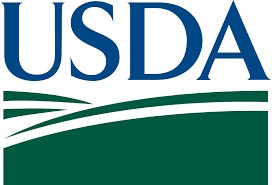Resource Details
Native Peoples, Other
USDA Rural Development’s Tribal Relations Page
USDA Rural Development (RD) places a high value in its relationship with Tribes, American Indians, and Alaska Natives. We collaborate and partner with Tribes to realize a brighter future for families, children, and Tribal communities. We make critical investments in infrastructure, schools, health clinics, housing, and businesses, to benefit Native families and communities across rural America.
The Rural Development Tribal Relations office is a part of the Innovation Center's Strategic Engagement Division, which ensures relevant programs and policies are efficient, easy to understand, accessible, and developed in consultation with the American Indians and Alaska Native constituents they impact. For inquires about Rural Development’s programs and services for Tribes email us at aian@usda.gov. To contact staff members directly, select their image below.
RD also promotes external impact by connecting and collaborating with our partners at Rural.gov. The Rural Partners Network (RPN) lists the programs and resources developed exclusively for Tribes, Native Americans, and Alaska Natives.
Our RD Tribal Relations Team champions and coordinates our work with Tribes. Through consultation, coordination, and collaboration, we honor our government-to-government relationships with Tribes and enhance access to our various programs and services to Tribes, Tribal members, and Tribal organizations.
Related Resources
Wisconsin Cooperative Development Grant
Wisconsin Economic Development Corporation
Arts & Culture, Child Care, Energy, Forestry & Paper, Native Peoples, Transportation, Workforce
The Wisconsin Economic Development Corporation (WEDC) is offering grants to support the development of new and existing cooperatives in Wisconsin, with a goal of fostering the success of current and future cooperatives by supporting planning and exploratory research in advance of making a large investment.




